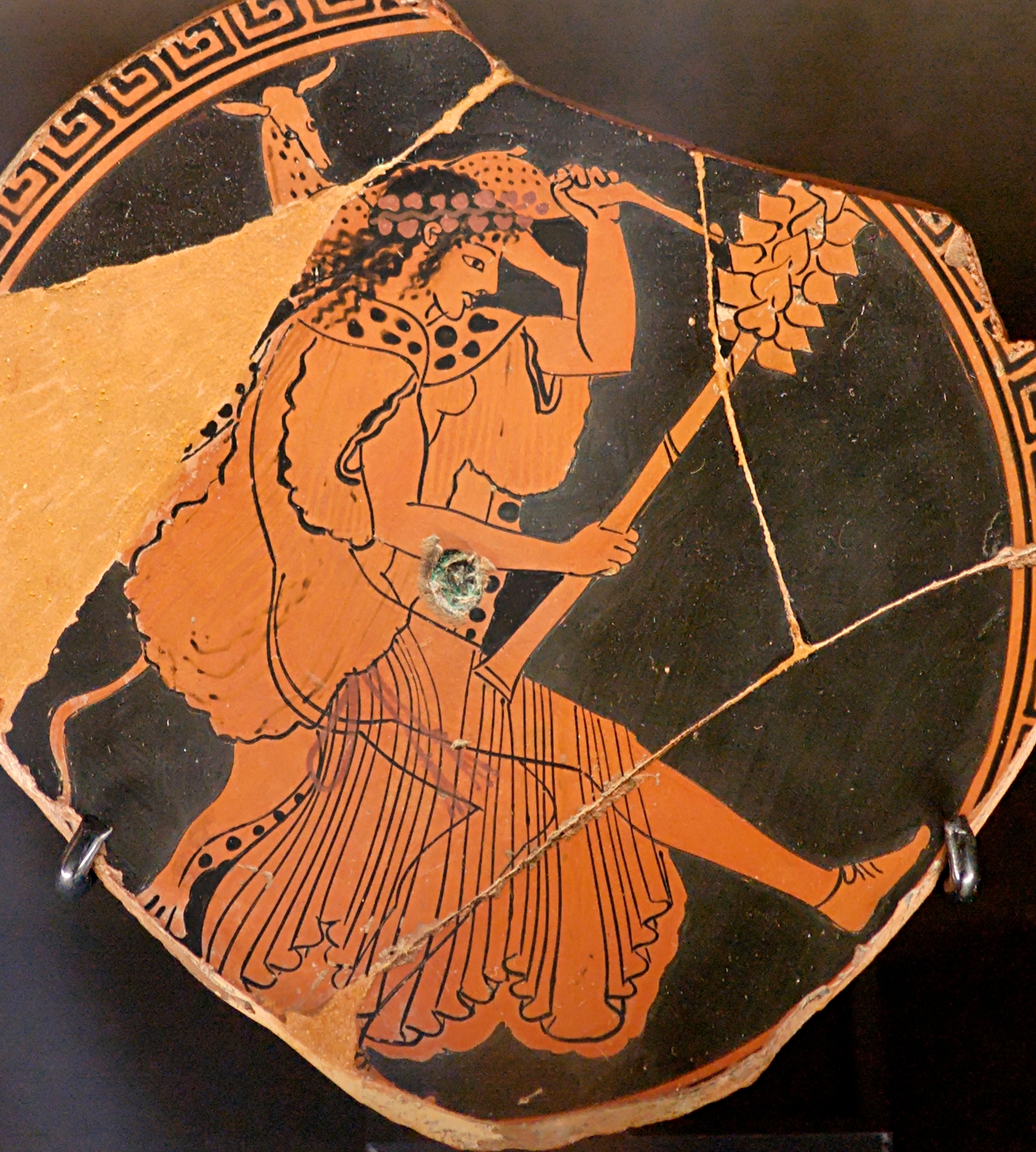Argaeus I on:
[Wikipedia]
[Google]
[Amazon]
Argaeus (; ) was king of the  According to the 2nd-century AD Greek writer
According to the 2nd-century AD Greek writer
ancient Greek
Ancient Greek (, ; ) includes the forms of the Greek language used in ancient Greece and the classical antiquity, ancient world from around 1500 BC to 300 BC. It is often roughly divided into the following periods: Mycenaean Greek (), Greek ...
kingdom of Macedon
Macedonia ( ; , ), also called Macedon ( ), was an ancient kingdom on the periphery of Archaic and Classical Greece, which later became the dominant state of Hellenistic Greece. The kingdom was founded and initially ruled by the royal ...
. He was a member of the Argead dynasty
The Argead dynasty (), also known as the Temenid dynasty (, ''Tēmenídai'') was an Ancient Macedonians, ancient Macedonian royal house of Dorians, Dorian Greek provenance. They were the founders and the ruling dynasty of the kingdom of Macedoni ...
and son of Perdiccas I
Perdiccas I (; ) was king of the ancient Greek kingdom of Macedon. By allowing thirty years for the span of an average generation from the beginning of Archelaus' reign in 413 BC, British historian Nicholas Hammond estimated that Perdiccas ruled a ...
. By allowing thirty years for the span of an average generation from the beginning of Archelaus' reign in 413 BC, British historian Nicholas Hammond
Nicholas Hammond (born 15 May 1950) is an American and Australian actor and writer who is best known for his roles as Friedrich von Trapp in the film '' The Sound of Music'' and as Peter Parker/Spider-Man in the 1970s television series ''The Am ...
estimated that Argaeus ruled around 623 BC.
According to Herodotus
Herodotus (; BC) was a Greek historian and geographer from the Greek city of Halicarnassus (now Bodrum, Turkey), under Persian control in the 5th century BC, and a later citizen of Thurii in modern Calabria, Italy. He wrote the '' Histori ...
and Thucydides
Thucydides ( ; ; BC) was an Classical Athens, Athenian historian and general. His ''History of the Peloponnesian War'' recounts Peloponnesian War, the fifth-century BC war between Sparta and Athens until the year 411 BC. Thucydides has been d ...
, Argaeus was the second king of Macedonia. However, a much later tradition records Caranus as the founder of Macedonia and therefore Argaeus as the fifth king. This unhistorical assertion is almost universally rejected by moderns scholarship as propaganda invented at the Argead court during the reign of Philip II.
 According to the 2nd-century AD Greek writer
According to the 2nd-century AD Greek writer Polyaenus
Polyaenus or Polyenus ( ; see ae (æ) vs. e; , "much-praised") was a 2nd-century Roman Macedonian author and rhetorician, known best for his ''Stratagems in War'' (), which has been preserved. He was born in Bithynia, Asia Minor. The ''Suda'' c ...
, Argaeus tricked the Illyrian king of the Taulantii
Taulantii or Taulantians ('swallow-men'; Ancient Greek: , or , ; ) were an Illyrians, Illyrian people that lived on the Adriatic coast of southern Illyria (modern Albania). They dominated at various times much of the plain between the rivers Dri ...
, Galaurus, by dressing men as women with wreath
A wreath () is an assortment of flowers, leaves, fruits, twigs, or various materials that is constructed to form a ring shape.
In English-speaking countries, wreaths are used typically as household ornaments, most commonly as an Advent and C ...
s and '' thyrsi'' (staffs), closely related to the cult of Dionysus
In ancient Greek religion and Greek mythology, myth, Dionysus (; ) is the god of wine-making, orchards and fruit, vegetation, fertility, festivity, insanity, ritual madness, religious ecstasy, and theatre. He was also known as Bacchus ( or ; ...
. After the victory, Argaeus founded a temple dedicated to '' Pseudanor'' (Fake-man).
References
Notes
Citations
{{MacedonKings 7th-century BC Macedonian monarchs Argead kings of Macedonia Mythology of Macedonia (ancient kingdom) Old Macedonian kingdom European people whose existence is disputed Year of birth unknown